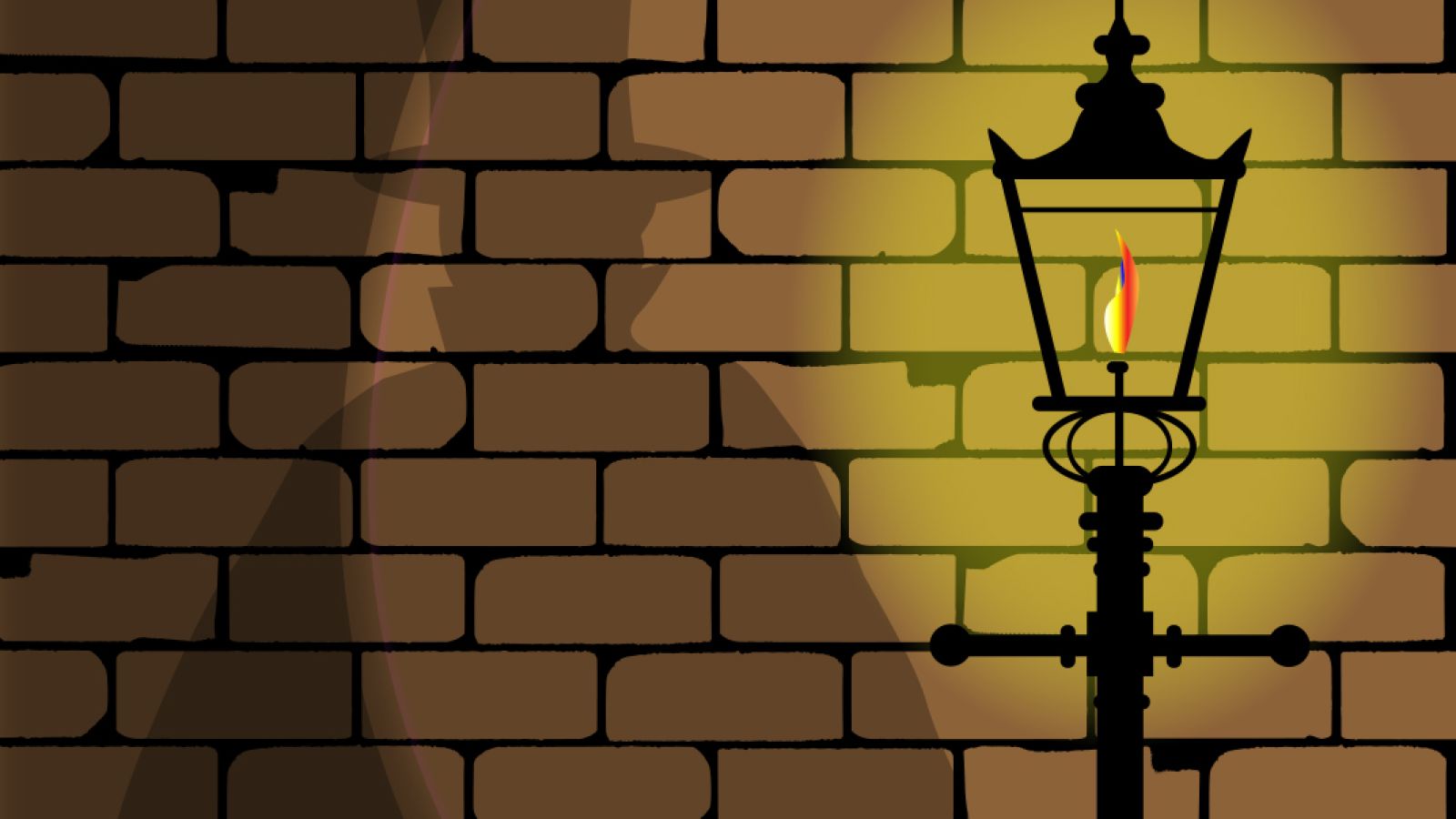- The duʿāʾ of the oppressed
- The duʿāʾ of the traveller
- The duʿāʾ of the father for his child
- Having conviction in the duʿāʾ, repeating it, and extolling the Lordship of Allāh (eg. yā Rabbī)
The speaker then discusses cases that decrease or prevent one’s supplication being answered:
- Making duʿāʾ for something that is incorrect/impermissible
- Asking for assistance to perform a ḥarām act
- Asking for something you know (by the wisdom of Allāh) you will not get (eg. living forever, free of need for food)
From the etiquettes of duʿāʾ:
- Make duʿāʾ quietly and tranquilly (away from displaying it to others)
- Make duʿāʾ humbly, showing reliance upon Allāh
- Do not raise your voice, screaming or complaining
Additionally, the speaker discusses the need for the supplicator to submit himself in humility to his Lord, showing humbleness and reliance upon his Creator.














